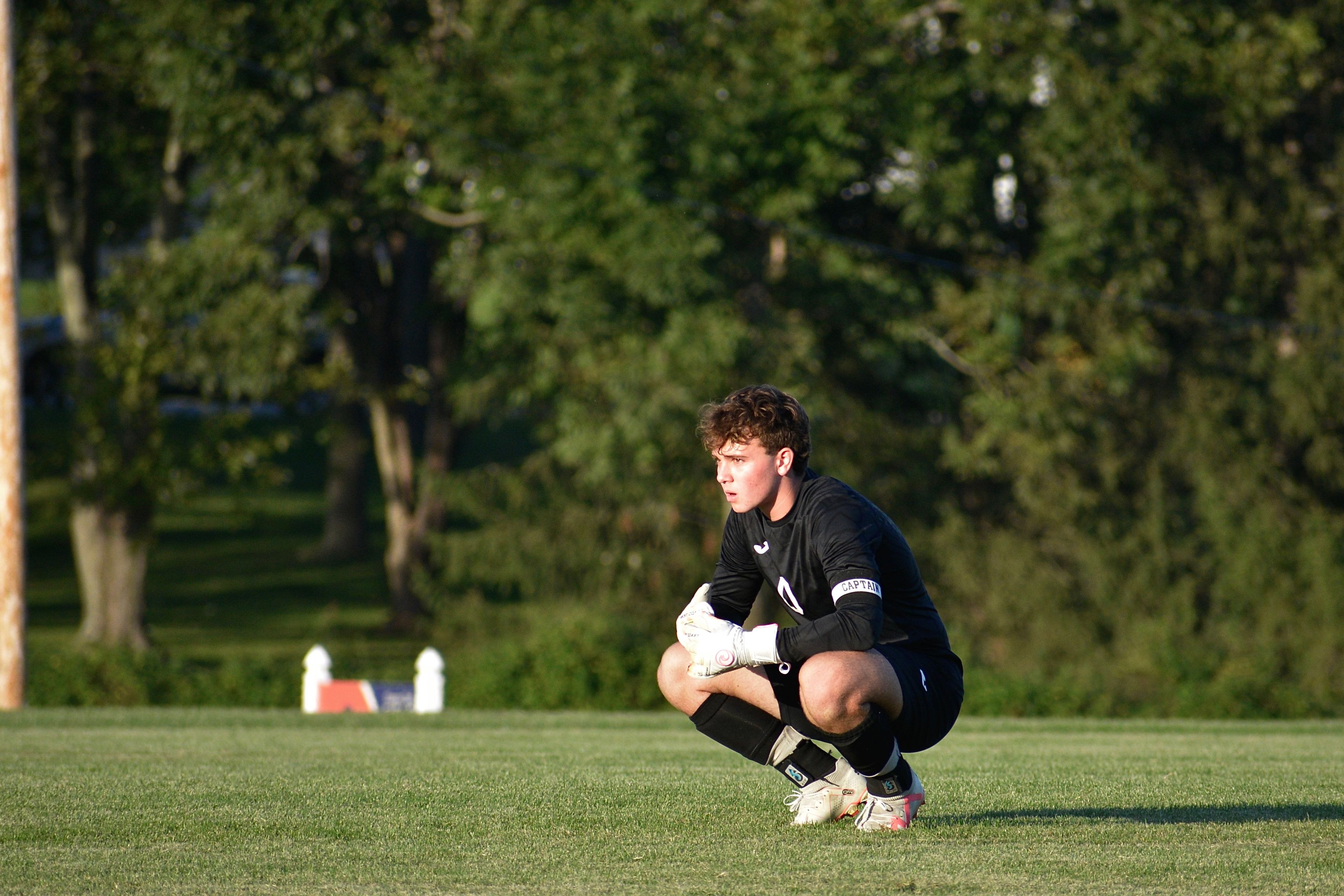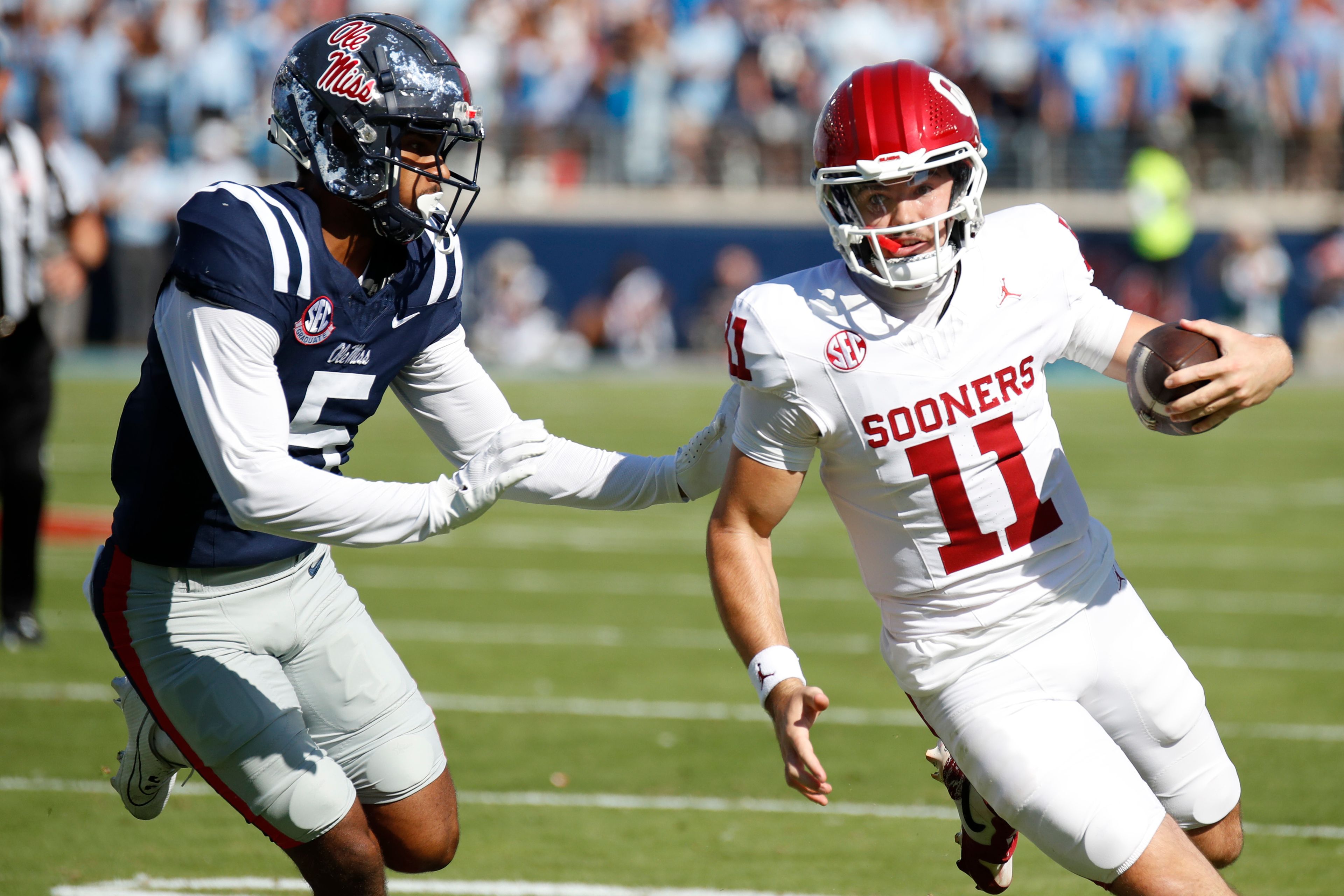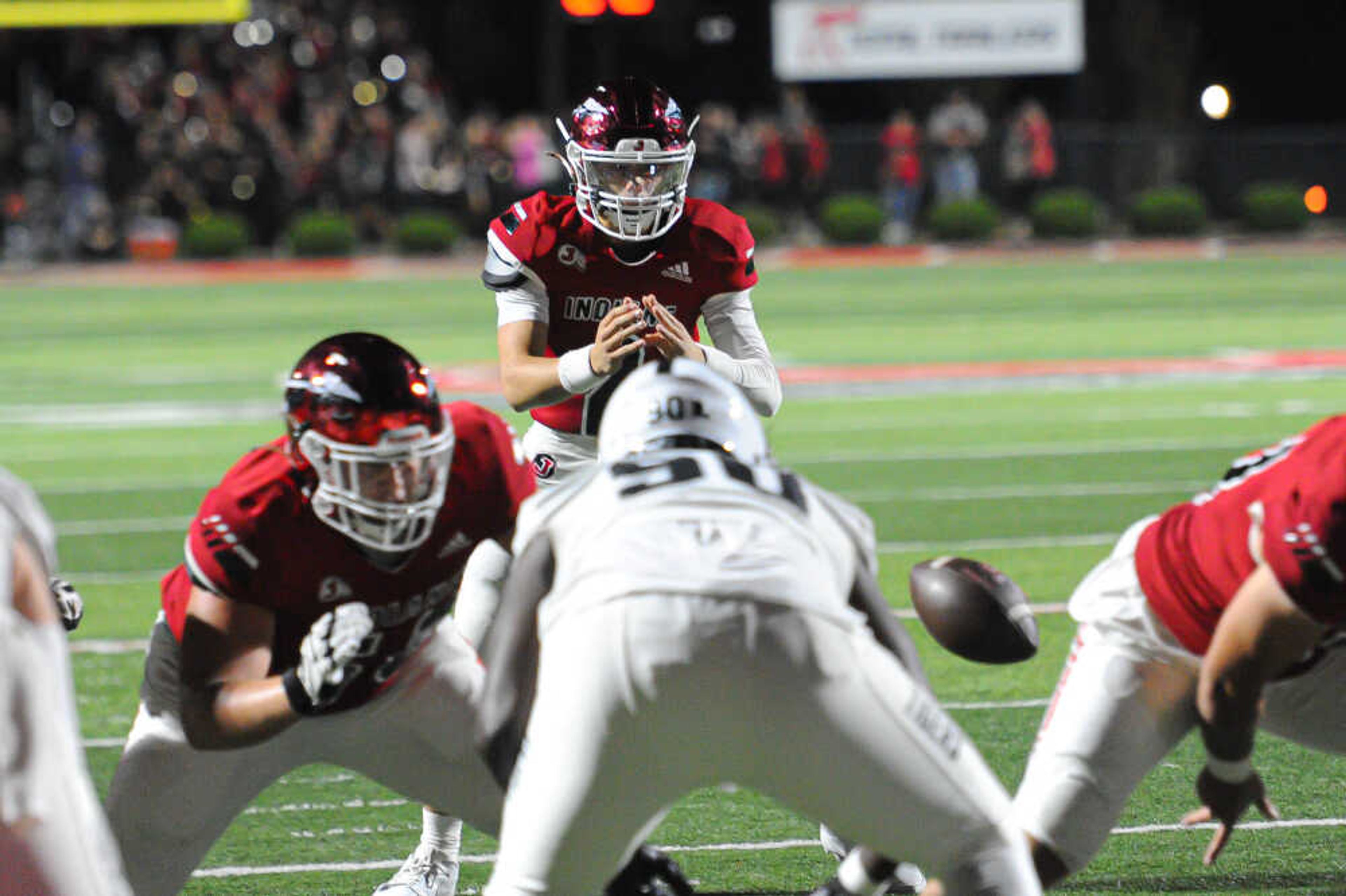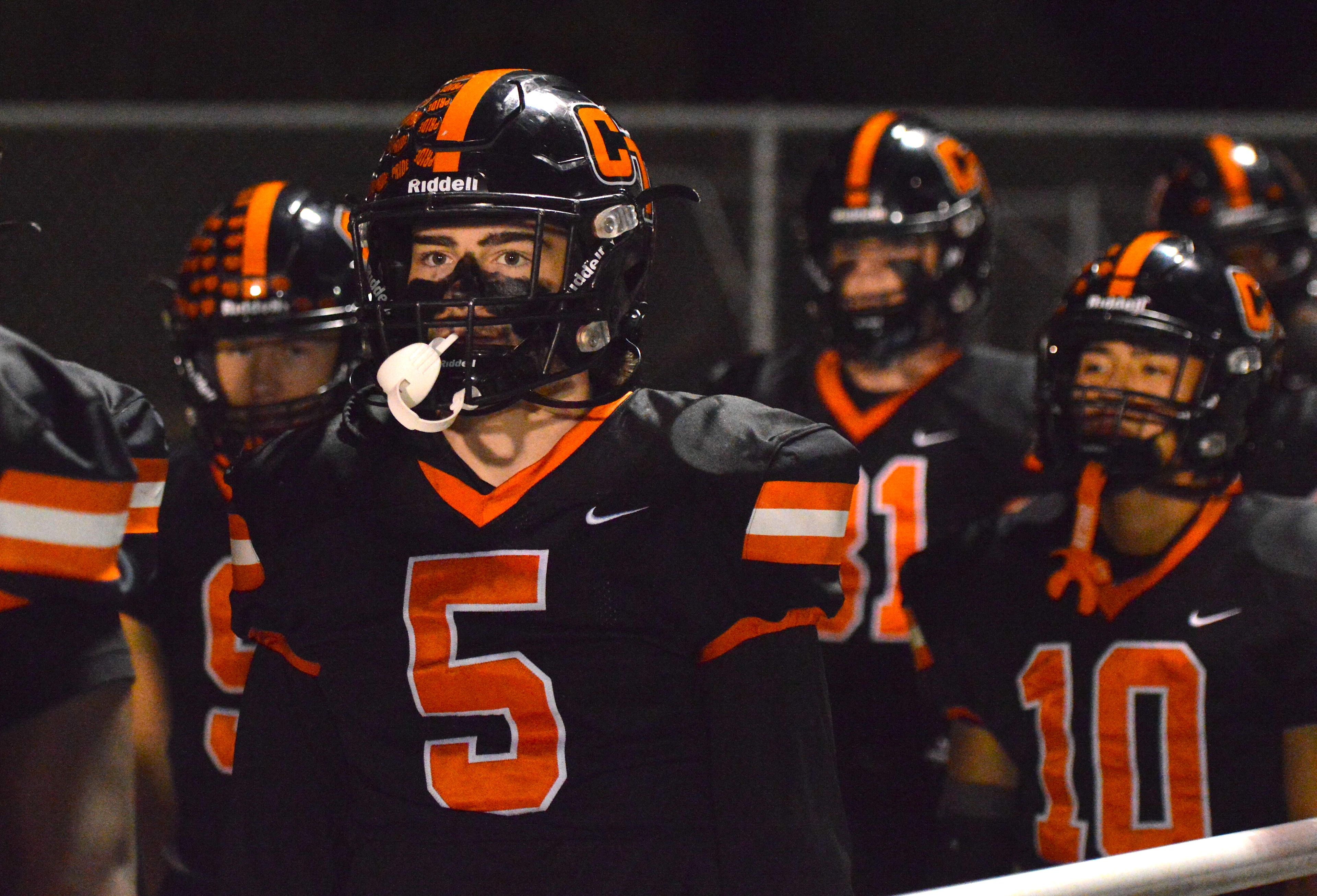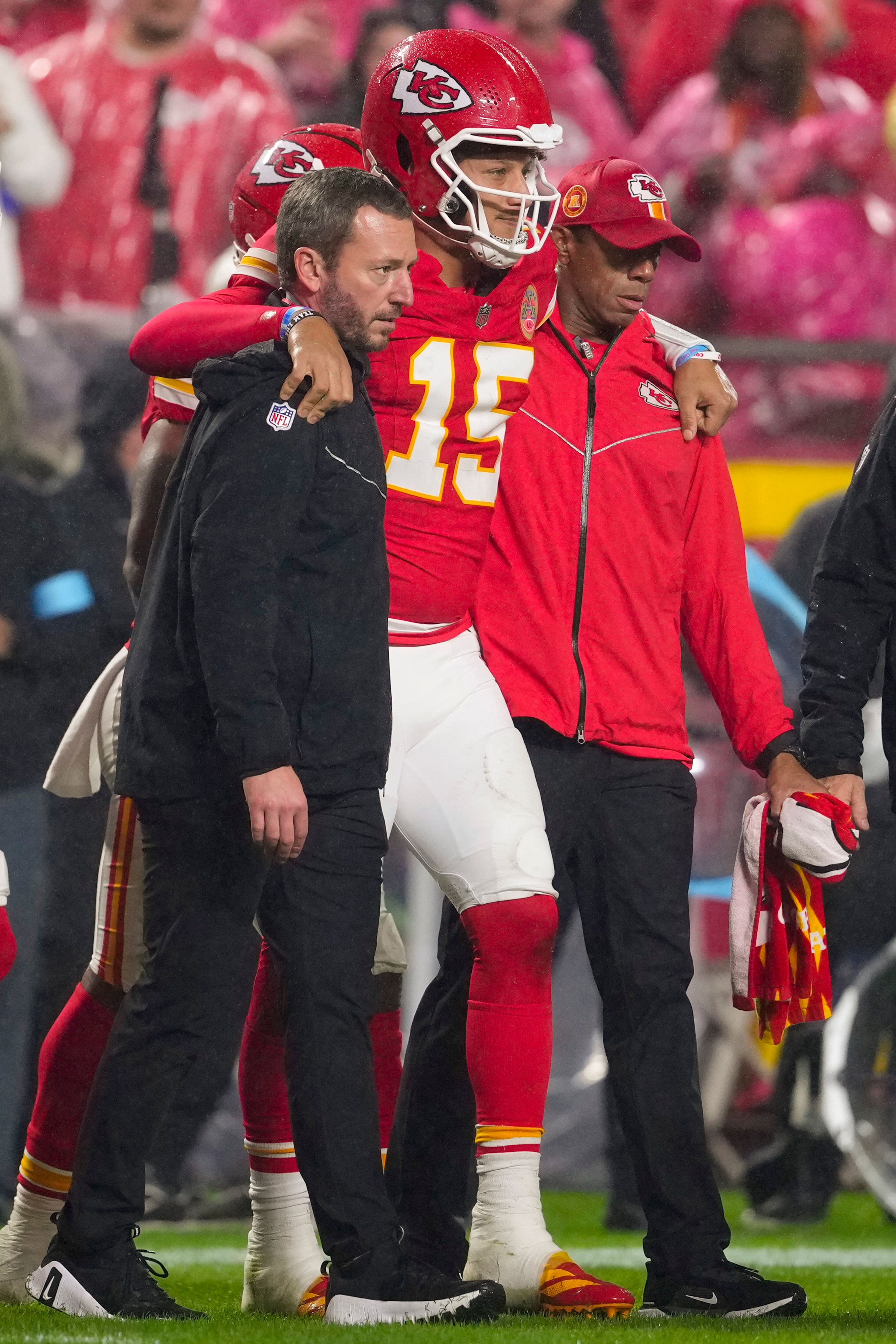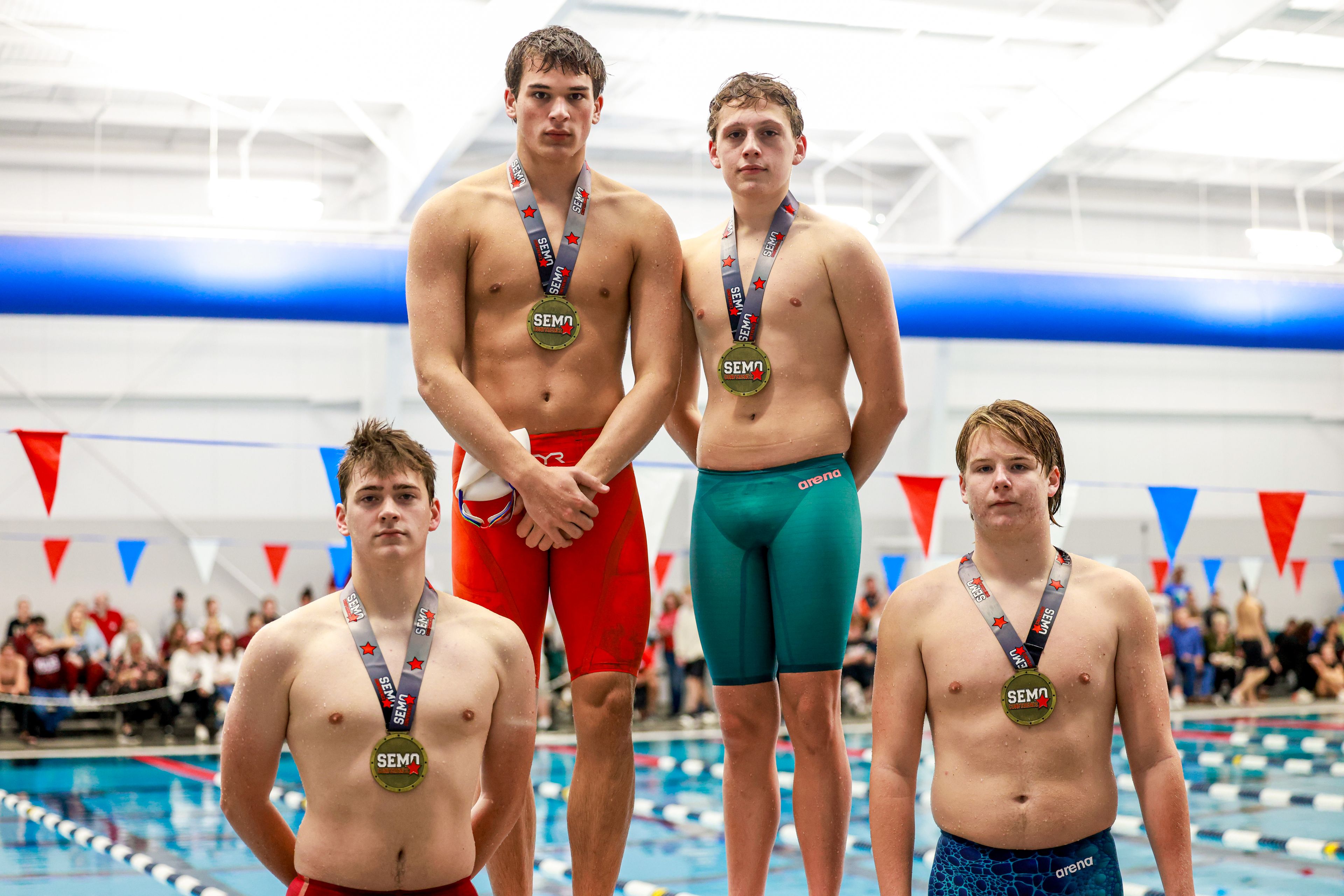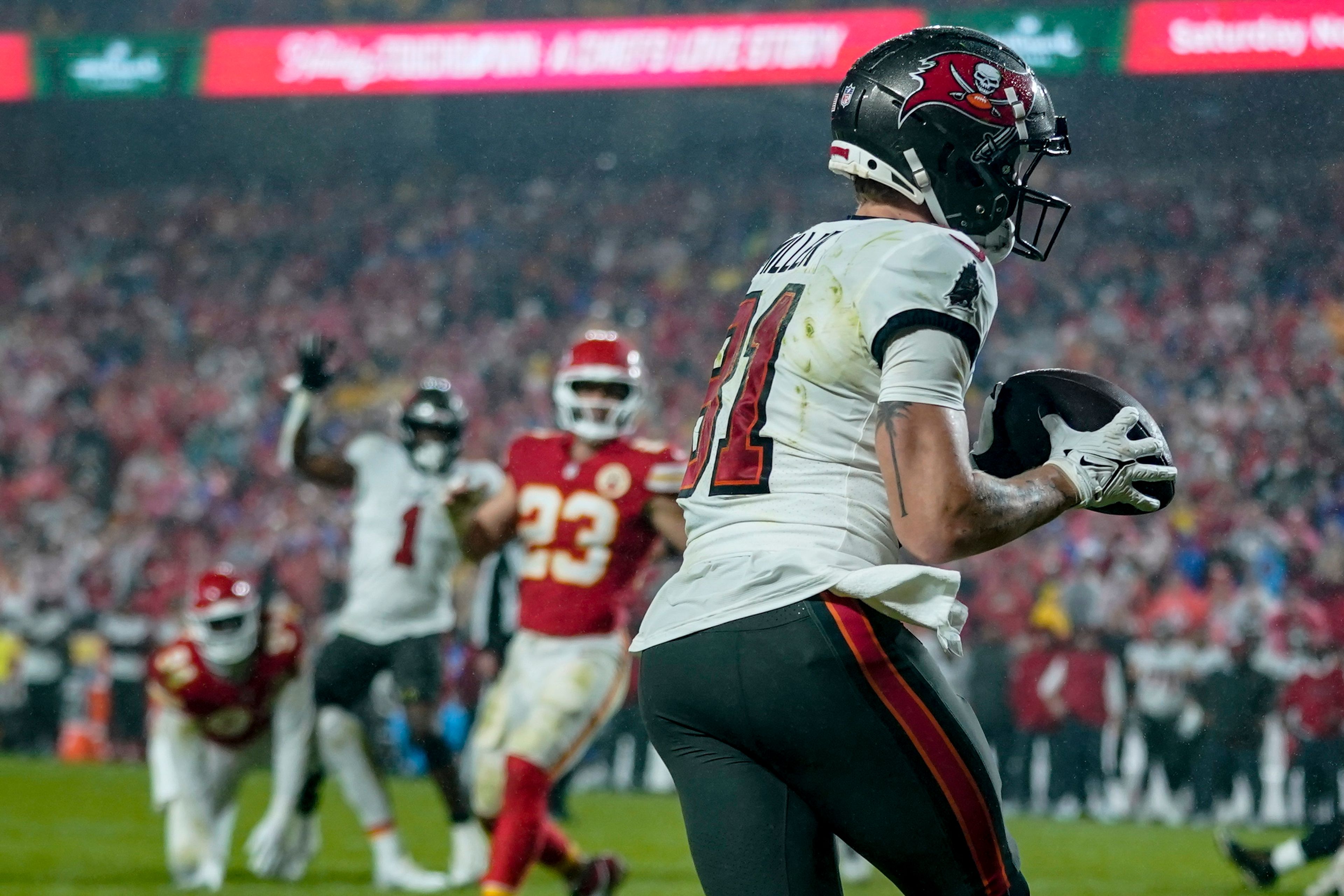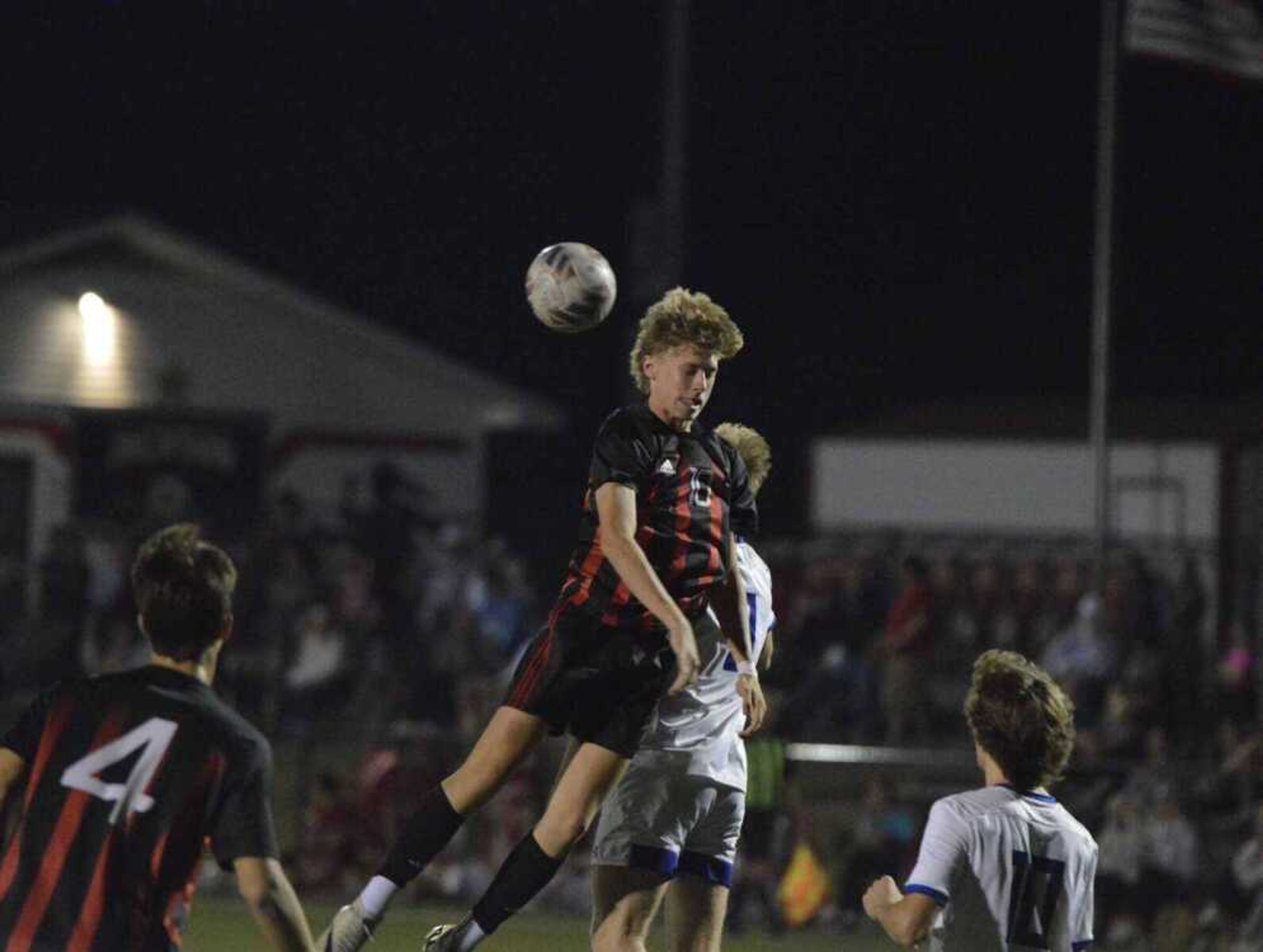Looking for civility in the world of sports
Five years ago, the major professional, amateur and scholastic sports organizations in America formed the Citizenship Through Sports Alliance, a concentrated effort to promote civility and sportsmanship. Ray Warren, CEO and president of Raycom Sports and newly elected chairman of the Alliance's corporate advisory board, would like to report progress. Unfortunately, he can't...
Five years ago, the major professional, amateur and scholastic sports organizations in America formed the Citizenship Through Sports Alliance, a concentrated effort to promote civility and sportsmanship.
Ray Warren, CEO and president of Raycom Sports and newly elected chairman of the Alliance's corporate advisory board, would like to report progress. Unfortunately, he can't.
"I don't think it's any better than it was when we started," Warren said. "At best, it's where it was. Realistically, I think it's worse."
There is much evidence for that, some of it produced during the Winter Olympics in Salt Lake City, where the games frequently deteriorated into a lot of finger-pointing.
There were official judging protests from Lithuania, Russia and South Korea, sometimes accompanied by threats to pick up their athletes and go home. There were enough bodies flying around in short-track speedskating to make it look like an NFL training camp. There were two gold medals stripped from cross-country skiers because of drugs on the final day of the games.
Olympics had examples
There was American bobsledder Jean Racine dropping her longtime partner and then trying to pull another quick switch when the replacement rider got hurt. To her credit, Vonetta Flowers rejected that idea and won a gold medal with her regular partner, Jill Bakken.
And then there was that nasty little judging affair in the figure skating competition. Those folks seem to be making progress, though. At least no one got whacked across the knee this time.
Sportsmanship, indeed.
A litany of bad behavior continues to litter the landscape. Rarely does a week goes by when some NBA player doesn't get fined, suspended or both.
There is work to be done here, and Warren knows it.
Raycom made an effort with the syndicated TV series, "More Than a Game," which focused on the positive side of sports. And there is a pamphlet available through the network's New York office that offers 10 tips for healthier, happier and more successful youth sports.
Warren thinks there is a chance to turn all this around, an opportunity provided by a combination of circumstances -- the Sept. 11 attacks and the story of a hockey dad beating another to death.
"I think there are more good guys in every league than there are bad guys," he said. "We should ask the athletes for a certain level of behavior in exchange for all that money.
"The penalties don't match crimes. Put it to a vote of the players. Let them decide the proper punishment," he said.
Maybe a pledge helps
Warren said he believes that given the opportunity, the athletes would act responsibly, recognizing the need to get a handle on what has become a national problem. In the NAIA, athletes are asked to sign on to the "Champions of Character" initiative, pledging to treat opponents with respect.
That ought to come with the territory. Too often, it does not.
Warren intends to reach out to the commissioners of the major sports leagues to get them involved in addressing the problem. He should get a sympathetic hearing. Major league baseball, the NFL, NBA and NHL all signed on when the Citizenship Alliance was formed. They understand the urgency involved.
Perhaps more important than the pros, though, are the kids. It is there that Warren believes the crisis is most dangerous.
"If kids see better images, they act better," Warren said.
And then maybe he will be able to report that the Alliance is finally making progress.
Connect with the Southeast Missourian Newsroom:
For corrections to this story or other insights for the editor, click here. To submit a letter to the editor, click here. To learn about the Southeast Missourian’s AI Policy, click here.
